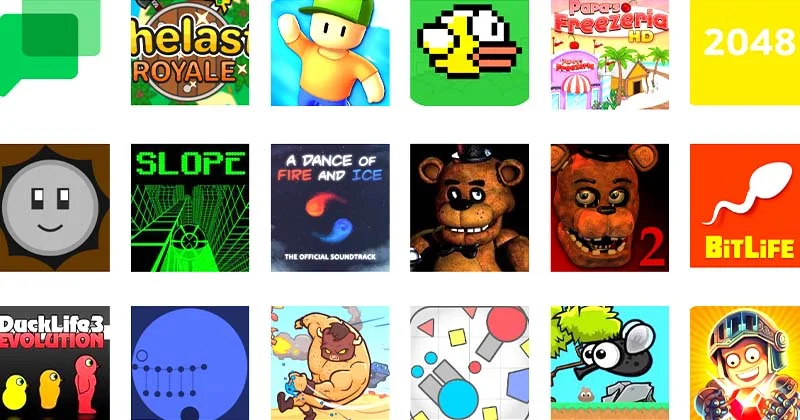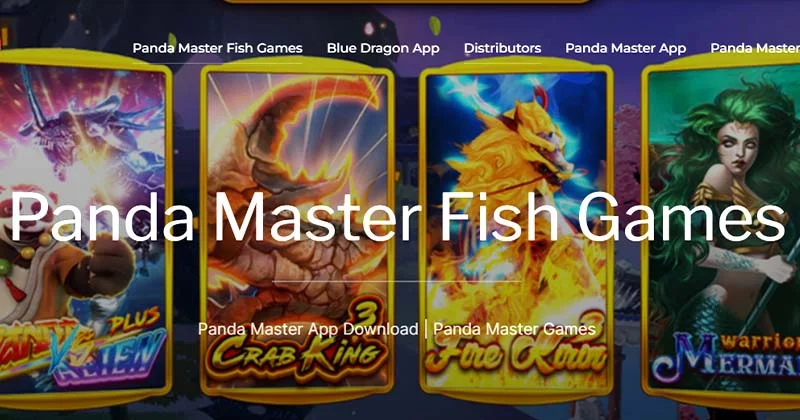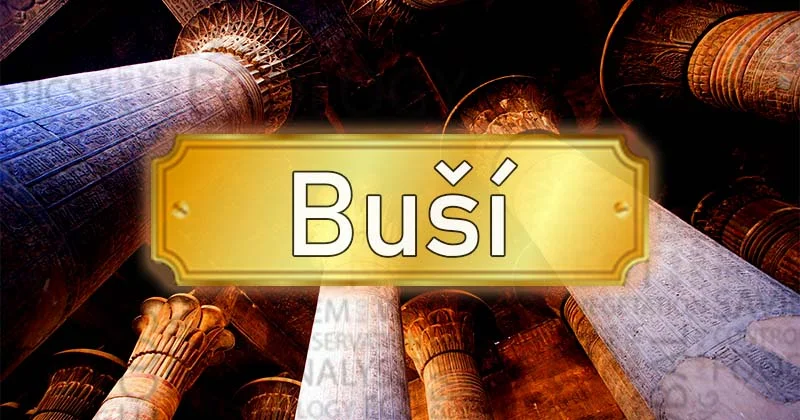Google Classroom has revolutionized the way teachers and pupils interact. It’s a powerful educational platform that offers a variety of tools to help educators create an engaging learning environment. One of the exciting features of Google Classroom is the ability to incorporate educational games that make learning enjoyable, while reinforcing key concepts.
Here in this guide, we’ll explore the world of Google Classroom games, their benefits and some popular options that you can use to enhance your teaching.
Why Use Google Classroom Games?
Google Classroom games provide several advantages that contribute to a more effective and enjoyable learning experience. Here are some key facts to consider:
Engagement
Educational games captivate students attention and maintain their interest throughout the lesson. The interactive nature of games promotes active participation and reduces the risk of distractions.
Reinforcement
Games help reinforce the material learned in class by allowing students to practice and apply their knowledge in a fun and challenging way. This repetition can lead to better retention of information.
Customization
Many Google Classroom games can be tailored to specific lesson plans, making them a versatile tool for educators to address their teaching objectives.
Assessment
Games often include built-in assessment features, such as quizzes and interactive exercises. This real-time feedback can help teachers gauge students’ understanding and identify areas where additional support is needed.
Collaboration
Some games encourage collaboration among students, fostering teamwork and communication skills.
Popular Google Classroom Games
Let’s explore some popular Google Classroom games that can transform your teaching and engage your students:
1. Bingo
Bingo is a classic game that can be adapted for educational purposes. With Google Classroom, you can create bingo sheets that feature images, words, or definitions related to your lesson. Here are some variations of Bingo you can use:
- Definition Bingo: Read out the definition of a word and let students find the word on the card.
- Picture Vocabulary Bingo: Use cards with pictures of translated words you’re calling out.
- Rhyme Bingo: Make rhyming words with bingo card.
2. Crossword
Crossword puzzles are a timeless favorite. Use Google Classroom to create crosswords related to your subject. For example:
- Science Crossword: Include elements of the periodic table.
- Geography Crossword: Focus on countries, cities, continents or geographic features.
- Language Crossword: Have students translate words from one language to another.
3. Jigsaw Puzzle
Jigsaw puzzles offer a unique way to learn and engage with content. With Google Classroom, you can create jigsaw puzzles featuring images related to your lessons. For example:
- Geographical Puzzles: Challenge students to assemble a puzzle of a continent or country.
- Historical Figures: Use historical figures’ images and have students provide information about them.
4. Memory
Memory games are excellent for enhancing memory and making associations. You can use Google Classroom for:
- Matching Pairs: When one student finds an identical pair, they tell the other student what it’s about. Students switch turns.
- Word Associations: Students make associations by matching images with words, synonyms, opposites, translations or arithmetics.
5. Randomness
Google Classroom games can also introduce an element of randomness for fun and learning:
- Storytelling: Let students come up with a story based on randomly given emojis. This exercise can enhance speaking and writing skills.
- Word Building: Students can create sentences with randomly chosen words to practice grammar and vocabulary.
6. Pair Matching
Similar to Memory, pair matching games focus on matching pairs without remembering their locations. They can be used for:
- Words and Translations
- Images and Translations
- Arithmetic Problems and Solutions
7. Spot the Difference
This game encourages students to pay attention to details and differences:
- Compare Images: Provide two similar images with slight variations and have students identify the differences.
8. Hangman
Hangman is a familiar and enjoyable game that can serve educational purposes:
- Vocabulary Building: Use Hangman to teach and reinforce new words or concepts.
- Guessing Games: Students can guess various aspects, from your favorite food to new lesson themes.
9. Word Search
Word search puzzles can be used to introduce or reinforce vocabulary:
- Scientific Terminology: Introduce scientific terms and definitions interactively.
- Geography: Create puzzles related to geography, such as finding the capital of a country.
10. Mind Map
Mind maps can help students visualize concepts and organize information:
- Concept Structuring: Use mind maps to structure complex ideas or topics.
- Idea Generation: Encourage students to brainstorm and map their ideas.
Conclusion
Google Classroom games offer an exciting opportunity to make learning dynamic and enjoyable. By integrating these games into your teaching, you can captivate your student’s interest, promote engagement and nurture a passion for learning.
Whether you’re using Bingo for vocabulary practice or memory games to boost associations, these interactive activities can significantly enhance the educational experience in your classroom.



